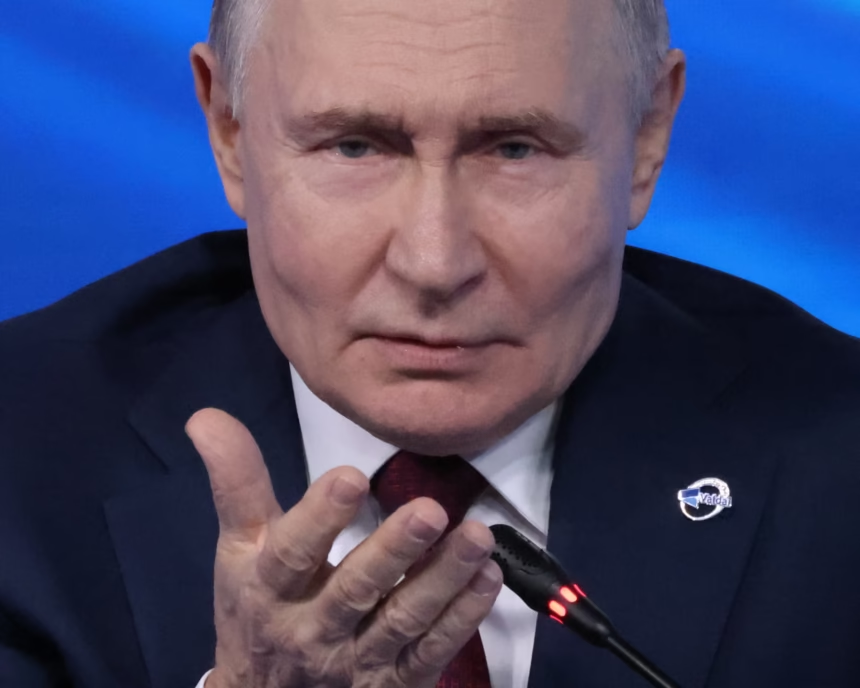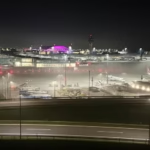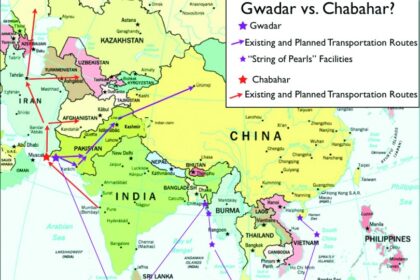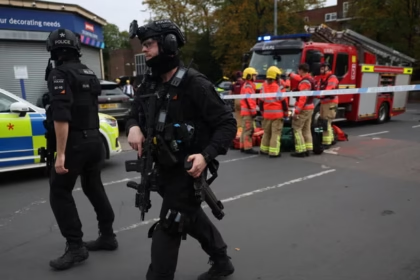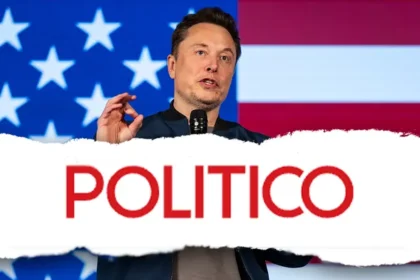Russian President Vladimir Putin on Thursday forcefully denied that Moscow has plans to attack NATO, characterizing the claims as “nonsense” and accusing European leaders of inflaming tensions. His remarks came during a speech at the Valdai Discussion Club in Sochi—a high-profile forum for foreign policy debate—and mark another step in the Kremlin’s narrative positioning as the West intensifies its suspicions and readiness.
Denial and Dismissal
During his address, Putin mocked repeated warnings from Western capitals and analysts that Russia might target a NATO country. He said such speculation was either the result of incompetence or calculated deceit. “They can’t believe what they’re saying — that Russia is going to attack NATO? It’s impossible to believe this nonsense,” he said.
The Russian leader went further, accusing European elites of spreading fear and hysteria. He argued that the driving force behind such narratives was the escalating militarization of Europe, which he claimed undermines any prospects for peace.
Response to European Actions
Putin’s broader message included sharp criticism of European leaders who, he said, were obstructing peace talks over Ukraine. He warned that if Europe continued to prepare militarily, Russia would respond swiftly. The timing of his remarks aligned with a European summit in Copenhagen where leaders were convening to strengthen support for Ukraine and coordinate defense strategies.
He also alluded to recent incidents involving drone and airspace incursions in Europe, rejecting their characterization as Russian provocations. Instead, Putin accused European nations of fabricating or exaggerating threats to justify increased military spending and alliances.
Tone Toward the U.S. and NATO
While condemning Europe’s approach, Putin struck a more measured tone toward the United States. He praised President Trump as a “comfortable interlocutor” and suggested that his tenure could have averted the current war in Ukraine. He cast Trump’s critiques of Russia as ironic, implying that they lacked strategic understanding.
On NATO, he adopted a rhetorical stance of superiority, suggesting that accusations against Russia reflect underlying weakness. He questioned whether the Western alliance itself was competent enough to pose a credible threat.
Military Posture and the Ukraine War
Despite his denials of aggression toward NATO, Putin asserted that Russia remains confident on the battlefield in Ukraine. He insisted that Russian forces were “confidently advancing” along multiple fronts. He also minimized Ukraine’s resistance, claiming Kyiv’s forces suffered greater losses, and said Ukraine should seriously consider negotiating.
The Russian president stepped up his critique of Western military aid to Kyiv, arguing such support constitutes an extension of the war into European territory.
Reactions and Implications
Across Europe and NATO, Putin’s words were met with skepticism and concern. Many observers see his denials as a standard tactic in modern information warfare—seeking to sow doubt even as strategic ambiguity prevails.
European defense leaders have been vocal about the need to boost readiness, and some have framed Putin’s rhetoric as a cover for further covert operations, cyberattacks, or probing incursions. Many officials emphasized the importance of deterrence, not appeasement, arguing that Russia’s military actions in Ukraine and frequent airspace violations leave little room for trust.
What Comes Next
Putin’s speech likely sets the tone for the coming weeks of diplomatic posturing, military maneuvers, and intelligence gathering. NATO may intensify surveillance and defense deployments along its eastern flank. Meanwhile, European leaders may seek to deepen coordination on air defense, drone detection, and cross-border security.
Public statements like Putin’s also shift the information war—the battlefield of public perception will be nearly as critical as the one in Ukraine. Each side now anticipates more overt rhetoric, strategic ambiguity, and calculated escalation.
In that sense, Thursday’s address may not resolve fears of escalation. Rather, it underscores them. Putin’s denials do not settle the question of Russian intentions—but his warning to Europe, and the West’s response, may well determine what comes next.


